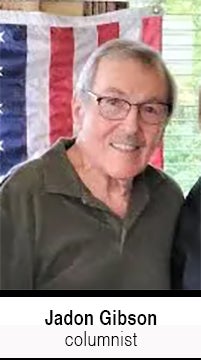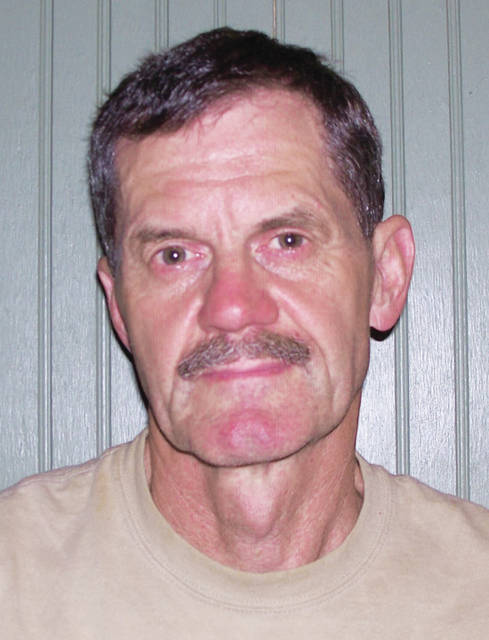Chief Little Crow’s war
Published 3:10 pm Thursday, October 26, 2023
|
Getting your Trinity Audio player ready...
|
By Jadon Gibson
Contributing writer
Agreements between the government and Indian tribes were frequently broken by one party or the other. Pioneers were pressing westward and the Indians attempted to thwart their settlement in early America. Treaties in the early 1850’s ceded large tracts of land in the Minnesota territory to the United States in exchange for money and goods. The eastern Sioux, or Dakota in turn agreed to live on a 20-mile-wide Indian reservation along the upper Minnesota River.
When Minnesota became a state in 1858 the northern half of the Indian reservation was lost. In addition, treaty violations by the United States due to late or less than full payments for Indian lands caused hunger and hardships among the Dakotas. Little Crow, chief speaker of the tribe during the 1850s, lost much of his standing among his people.
The Dakotas experienced several bad growing seasons, and their hunters were less successful because hunting was done in a more concentrated area. This also resulted in fewer furs that they normally traded for other needs.
The payments for the lands sold to the government became less than the amount that was agreed. Much of this was due to goods being lost or stolen .
By summer of 1862 the Dakotas demanded the annuities directly from Thomas Galbraith, their agent. The traders refused to provide food and supplies under this arrangement, so the negotiations broke down.
Chief Little Crow and Chief Chaska, who was also known as His Thunder, traveled to Washington twice during this period to get the government to abide by their promises and to have the annuity payments paid directly to the tribe. This would allow them to receive the payments in a timely fashion and to trade for goods and services on stronger footing. Little changed after the visit from the two Dakota chiefs.
By 1862 the Dakotas were in dire straits with insufficient food, clothing, blankets and other essential items. Hunger was rampant and with the great need for food they were forced to eat their dogs and many of their horses in order to survive. Little Crow, Chaska and other Indian leaders saw the breakdown between the Dakota and government adversely affecting the Indians while benefiting the United States. Although the payments to the Dakotas were guaranteed they were often late or not paid at all. This was largely due to the government’s preoccupation with the Civil War.
On Aug. 4, 1862 the northern Dakota were successful in negotiations with the government to obtain food. When the two other bands of Dakotas negotiated with Galbraith he informed them, “I haven’t learned why your payments are late, and we cannot give you any more rations. Perhaps the traders can extend and distribute food without payment until a later time.”
This perturbed Andrew Myrick, a representative of the traders, because feelings between the Indians and traders were not better but were running worse. They had decided in advance not to extend more credit as they were being hurt by the late payments too. Bitter words passed between the two parties
“We can’t offer more credit,” the traders offered.
“Our people are hungry,” the chiefs responded.
“Let them eat grass,” Myrick said offending the chiefs who left the council in a huff and stalked back to the reservation. Galbraith requested soldiers for protection.
Something had to be done. Chief Little Crow decided to lead the fight to drive the white man out of the Minnesota River Valley. If nothing more it might force the government to live up to their prior agreement and make the annuity payments that would allow them to make needed purchases.
The outbreak of the war was attributed to the heated exchange at the council.
“We made a treaty with the government but still have to beg for what we get and can’t get that until our children are dying from hunger,”
Difficulties continue next week and Andrew Myrick is a first-day casualty. He is found with grass stuffed in his mouth.
Jadon Gibson is writer from Harrogate, Tennessee. Thanks to Lincoln Memorial University, Alice Lloyd College and the Museum of Appalachia for their assistance.






